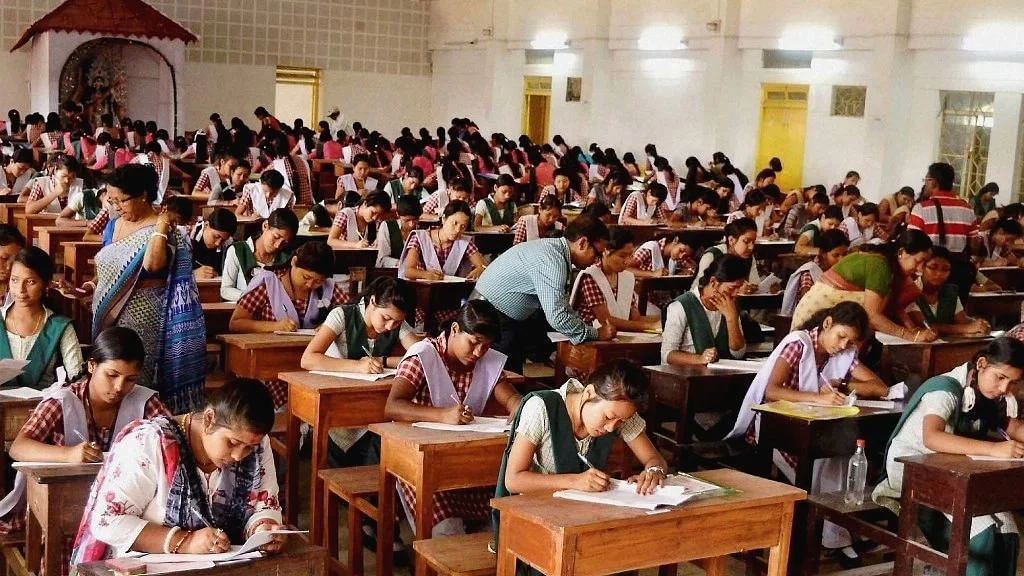Public Examinations (Prevention of Unfair Means) Bill aims to enhance transparency and credibility in public examinations.
About the bill:
- The Bill aims to enhance transparency, fairness, and credibility in public examinations.
- It is designed to deter individuals, organized groups, or institutions engaging in various unfair means that adversely impact public examinations for monetary or wrongful gains.
Definition of “Unfair Means”
- The bill lists at least 15 actions considered as “unfair means” in public examinations, including the leakage of question papers, unauthorized access to exam materials, tampering with answer sheets, and conducting fake examinations.
Public Examinations
- The Bill defines “public examinations” as those conducted by public examination authorities listed in the Schedule or notified by the Central Government.
- The schedule lists five public examination authorities:
- The Union Public Service Commission (UPSC), which conducts the Civil Services Examination, Combined Defence Services Examinations, Combined Medical Services Examination, Engineering Services Examination, etc.
- The Staff Selection Commission (SSC), which recruits for Group C (non-technical) and Group B (non-gazetted) jobs in the central government.
- The Railway Recruitment Boards (RRBs), which recruit Groups C and D staff in the Indian Railways.
- The Institute of Banking Personnel Selection (IBPS), which hires at all levels for nationalised banks and regional rural banks (RRBs).
- National Testing Agency (NTA), which conducts the JEE (Main), NEET-UG, UGC-NET, the Common University Entrance Test (CUET), etc.
Punishments for Violations
- Offences are cognizable, non-bailable, and non-compoundable.
- Punishment includes imprisonment for three to five years and a fine up to Rs 10 lakh.
- Failure to pay the fine may result in additional imprisonment.
- Service providers supporting examinations can be fined up to Rs 1 crore, and they may be barred from conducting any public examination for four years.
Organized Crime Provision:
- Harsher punishment is outlined for organized paper leaks, defining organized crime as collusion by a group for wrongful gain in public examinations.
- The punishment includes imprisonment for five to ten years and a fine of not less than one crore rupees.
Government’s Rationale:
- The Bill is a response to numerous instances of question paper leaks disrupting government job recruitment exams.
- Aims to prevent malpractices, delays, and cancellations in public examinations, ensuring fairness and credibility.
- Provides a model draft for states to adopt at their discretion, aiding in preventing disruptions in state-level exams.
- It is intended to bring transparency, fairness, and credibility to public examination systems, discouraging unfair means and ensuring that sincere efforts of candidates are fairly rewarded.
Other initiatives by the government:
- Ministry of Personnel, Public Grievances and Pensions introduced a bill in the Lok Sabha to set up a High-level National Technical Committee on Public Examinations.
- The bill was introduced in view of many examinations being conducted online and the increasing role of technology in conduct of public examinations
- The government has taken other initiatives in this direction, such as introducing self-attestation and shortening the examination cycle from 18-22 months to 6-10 months.
Ref: Source
| UPSC IAS Preparation Resources | |
| Current Affairs Analysis | Topperspedia |
| GS Shots | Simply Explained |
| Daily Flash Cards | Daily Quiz |



